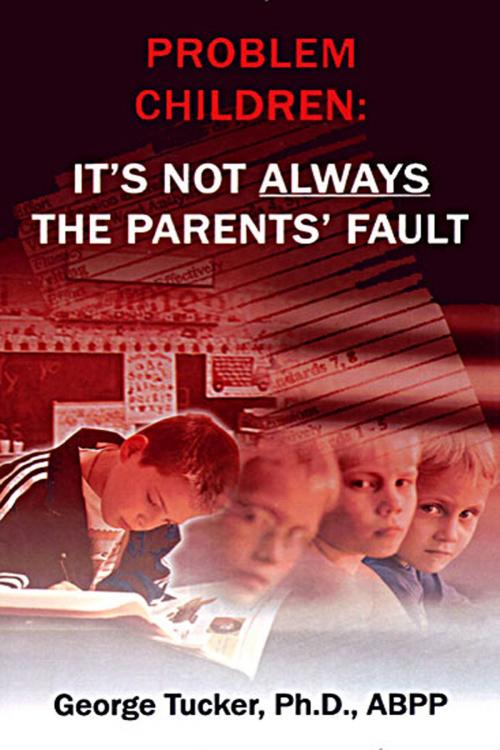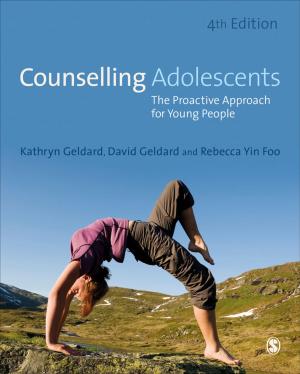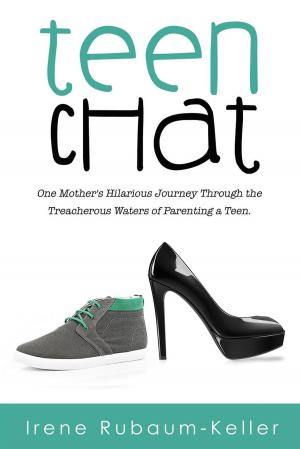Problem Children: It's Not Always the Parent's Fault
Nonfiction, Health & Well Being, Psychology, Child & Adolescent, Child Psychology, Family & Relationships, Adolescence| Author: | Dr George Tucker PhD ABPP | ISBN: | 9781604143874 |
| Publisher: | Dr George Tucker PhD ABPP | Publication: | June 6, 2011 |
| Imprint: | Smashwords Edition | Language: | English |
| Author: | Dr George Tucker PhD ABPP |
| ISBN: | 9781604143874 |
| Publisher: | Dr George Tucker PhD ABPP |
| Publication: | June 6, 2011 |
| Imprint: | Smashwords Edition |
| Language: | English |
Parents are often blamed for causing their children's problems, regardless of the age of the child or the number of "good children" that the parents have raised in addition to the "problem child." As a result of this bias against parents, especially when the bias is propagated by those in the so-called helping professions, efforts to help problem children often fail.
Even worse, parents sometimes choose not to seek treatment because they can predict that, regardless of their choice of helping professional, their bad parenting will likely be the professional's explanation for what went wrong.
In Part I of Problem Children: It's Not Always the Parents' Fault, Dr. Tucker shares his clinical findings from thirty years of practice, along with data from psychological testing, research on children's thinking patterns, and ways that well-meaning legal changes of the past thirty years sometimes undermine parental authority and community efforts to help problem children, as proof that children's problems are not always due to bad parenting.
In Part II, How to Help, Dr. Tucker details how a thorough assessment of the problem child's learning challenges, hereditary factors, structured programs, and resolution of parental grieving can be utilized to help problem children succeed and become something other than problem adults.
Parents are often blamed for causing their children's problems, regardless of the age of the child or the number of "good children" that the parents have raised in addition to the "problem child." As a result of this bias against parents, especially when the bias is propagated by those in the so-called helping professions, efforts to help problem children often fail.
Even worse, parents sometimes choose not to seek treatment because they can predict that, regardless of their choice of helping professional, their bad parenting will likely be the professional's explanation for what went wrong.
In Part I of Problem Children: It's Not Always the Parents' Fault, Dr. Tucker shares his clinical findings from thirty years of practice, along with data from psychological testing, research on children's thinking patterns, and ways that well-meaning legal changes of the past thirty years sometimes undermine parental authority and community efforts to help problem children, as proof that children's problems are not always due to bad parenting.
In Part II, How to Help, Dr. Tucker details how a thorough assessment of the problem child's learning challenges, hereditary factors, structured programs, and resolution of parental grieving can be utilized to help problem children succeed and become something other than problem adults.















